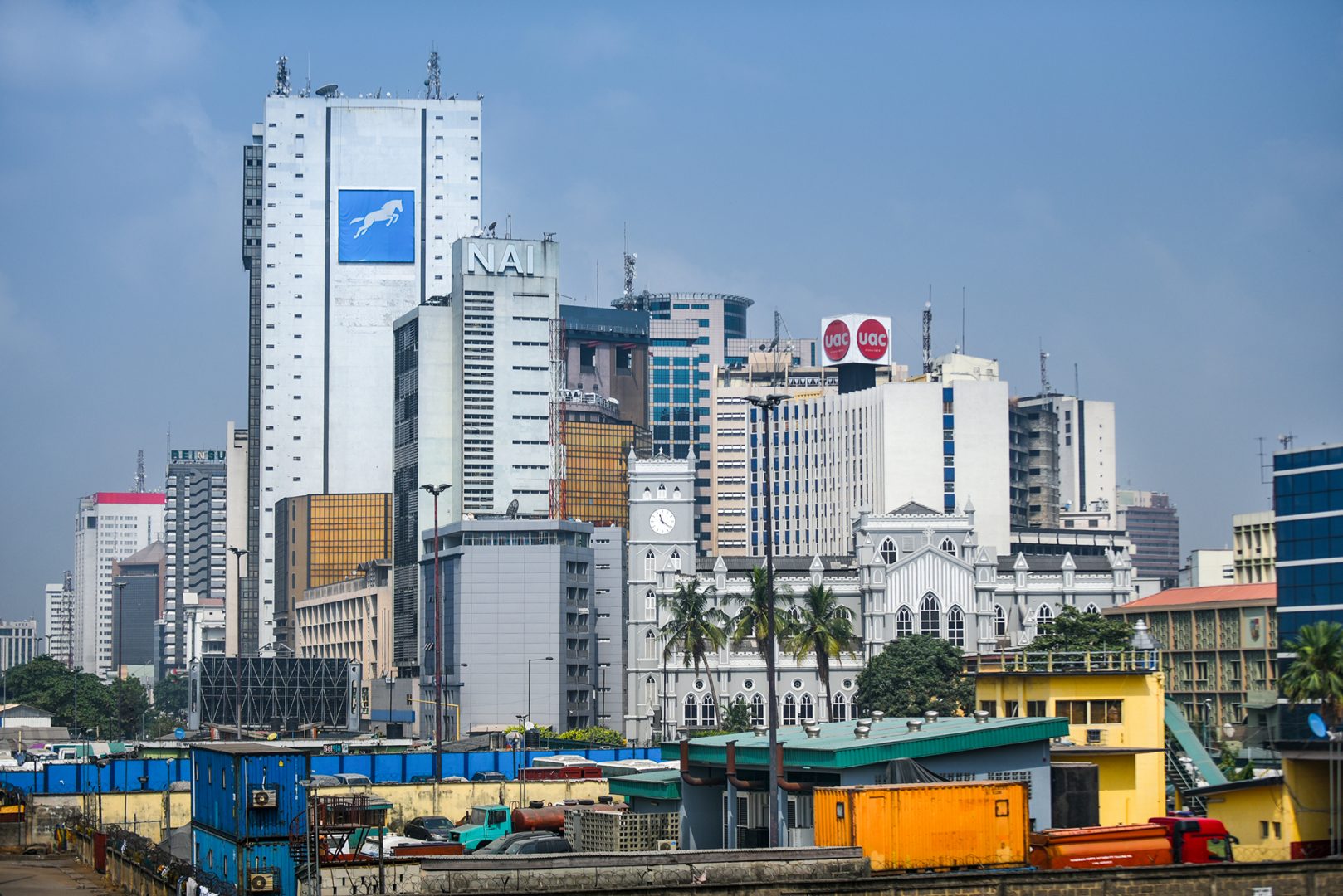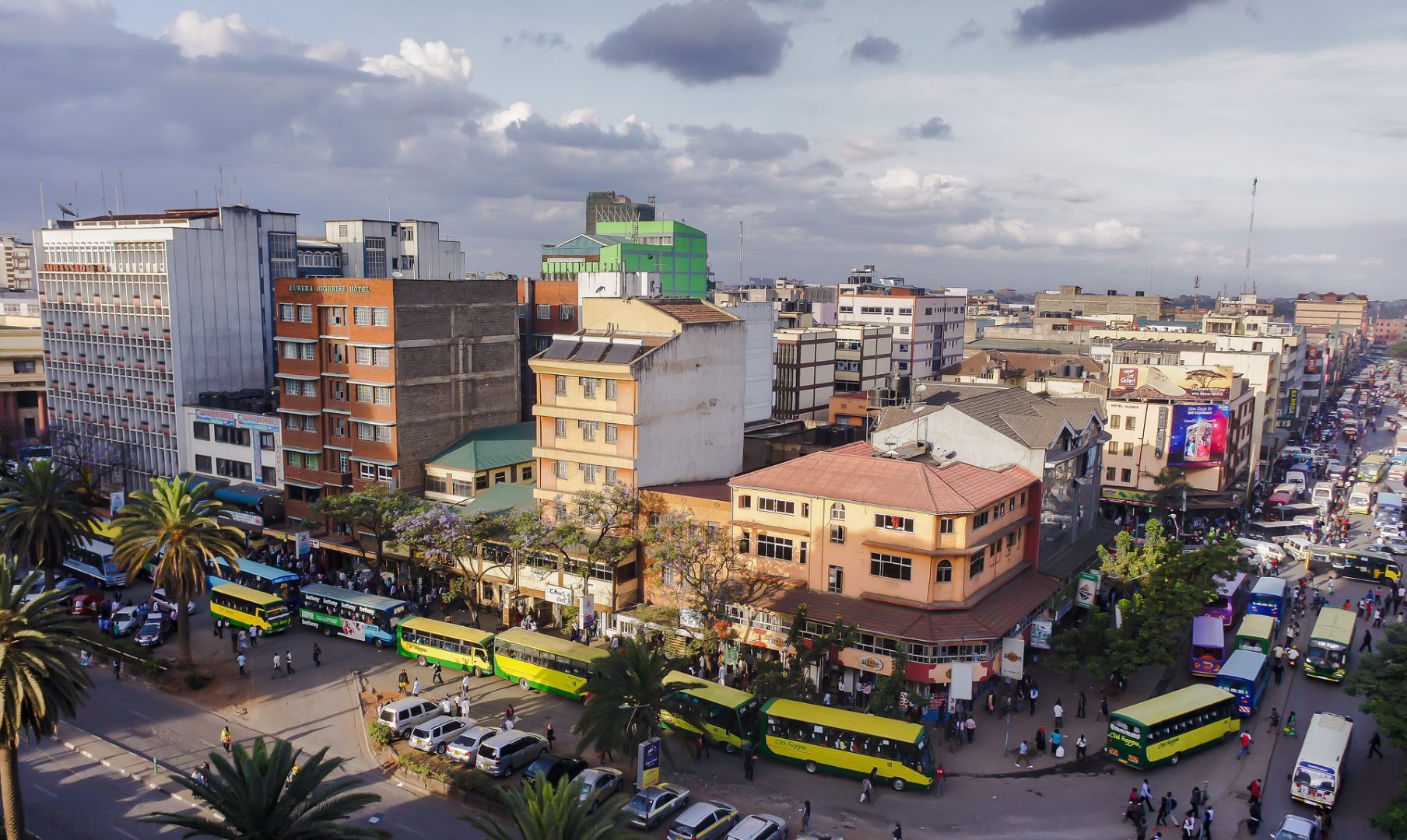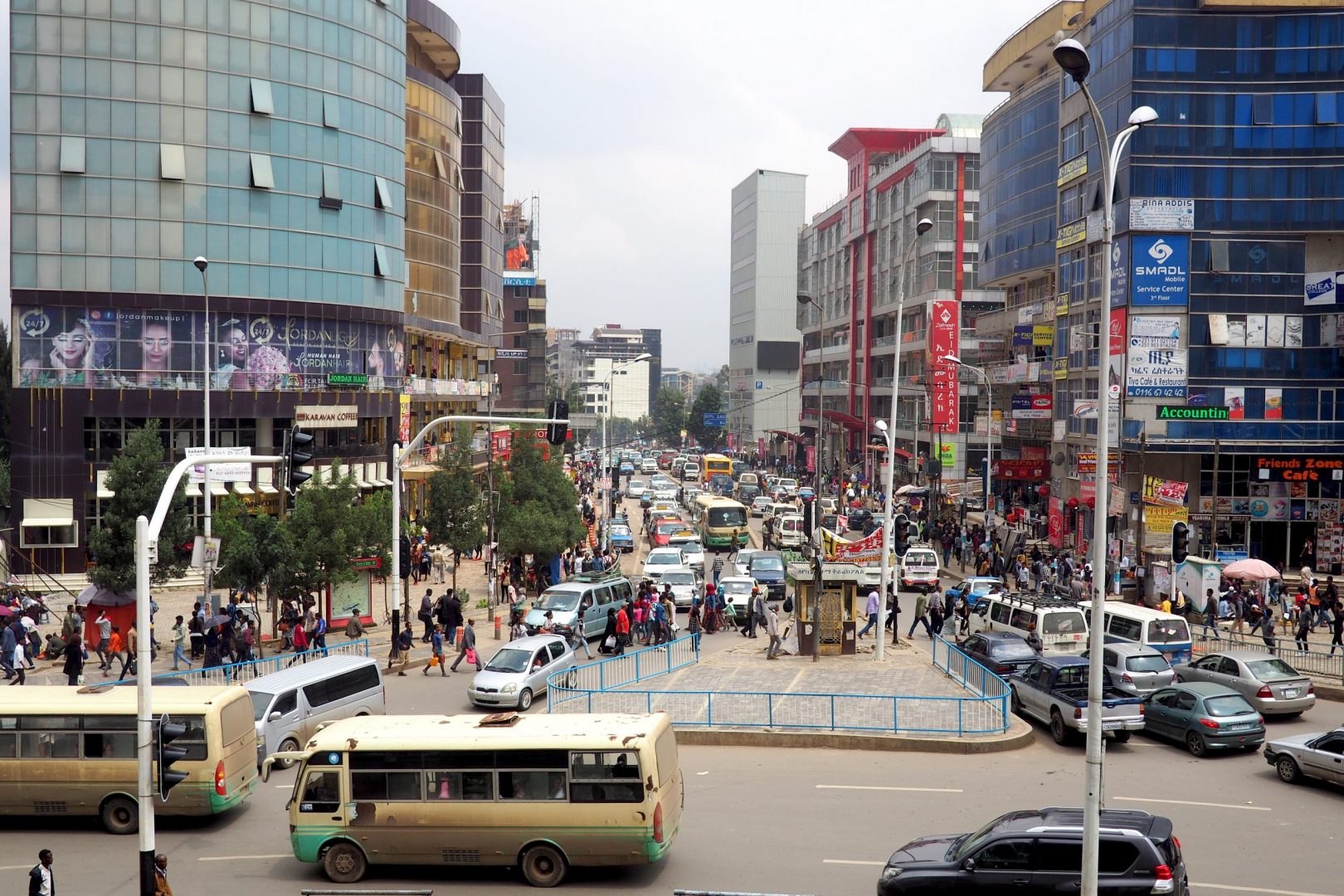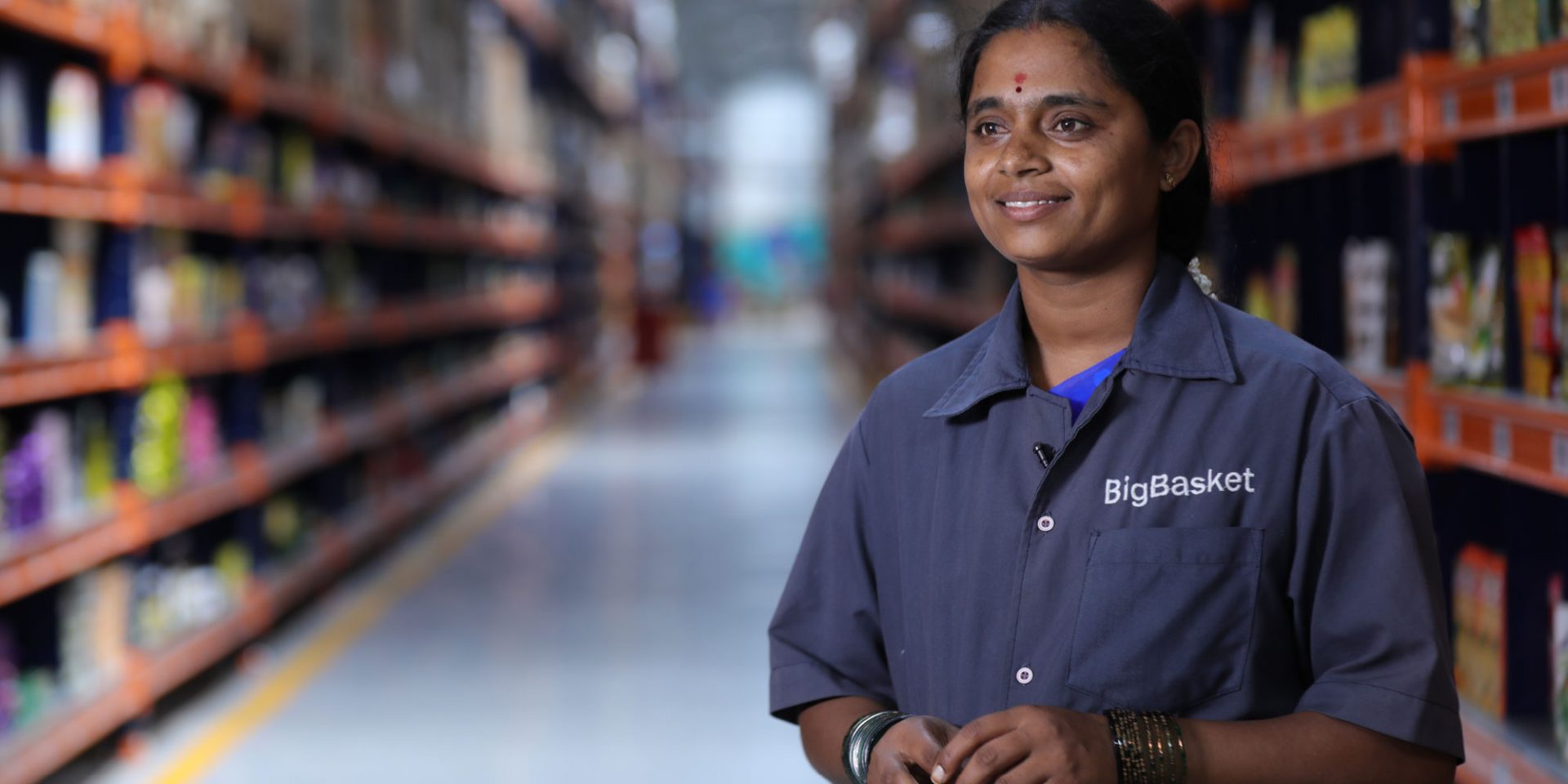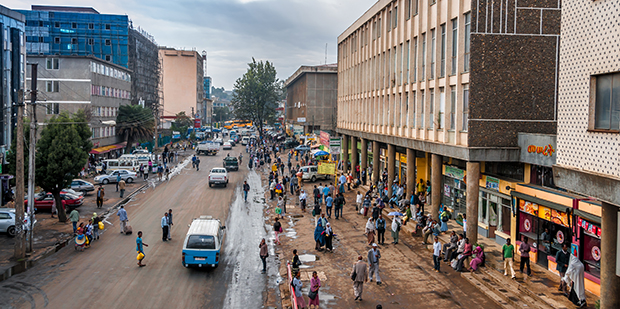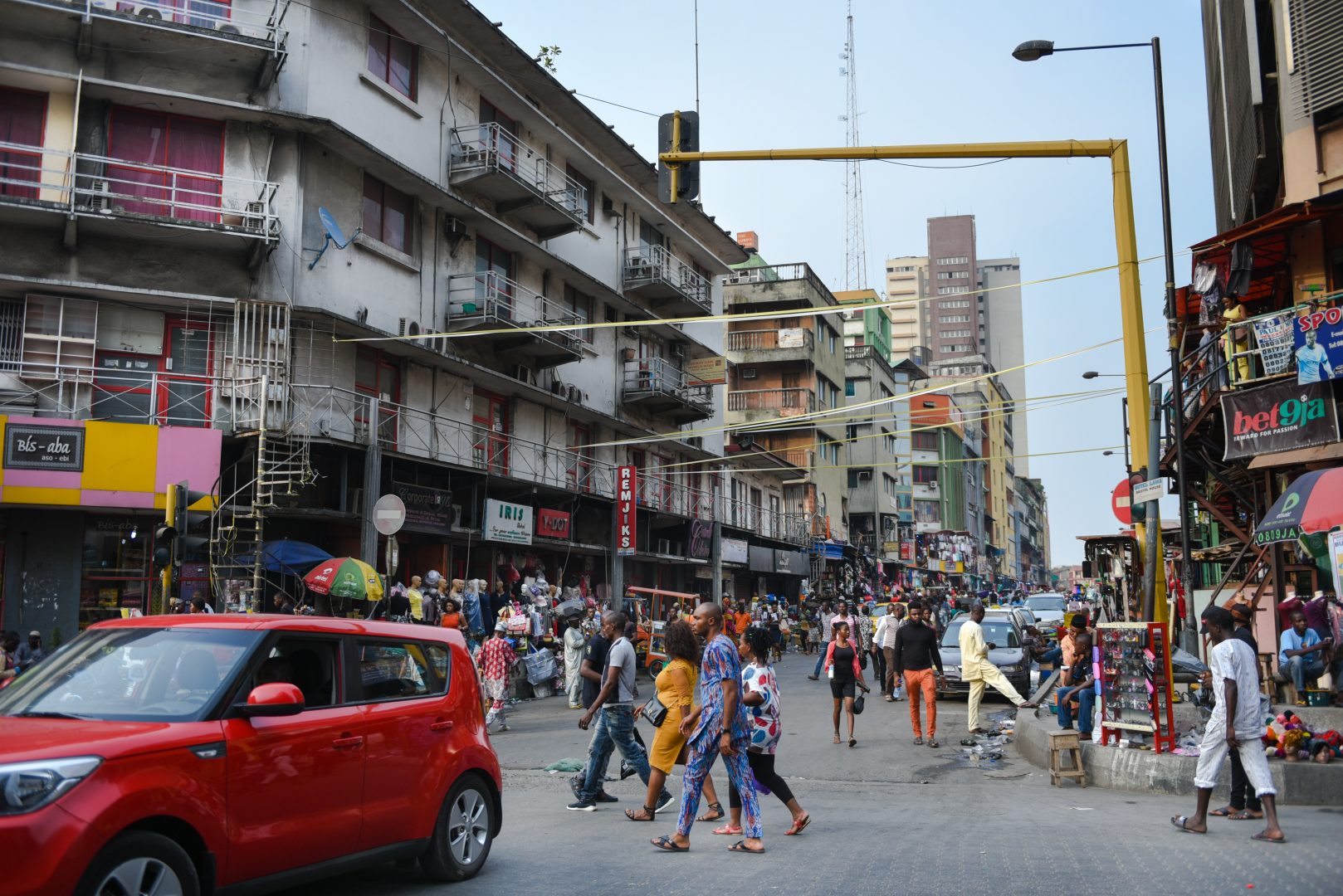Why does CDC care about SMEs? Formal SMEs contribute up to 40% of national income in emerging economies, according to the World Bank, yet they suffer from a lack of access to finance. These businesses are critically important if we are to support economies across the continent to not only recover from the COVID pandemic but to build future-proof sustainable and inclusive markets. But they need capital in order to survive.
CDC has been investing in SMEs in Africa for over 60 years – we first established the Development Finance Co Ltd in Nigeria in 1958 to focus on encouraging smaller business. Today, we know that our most effective way of getting capital to this size of business is through investment funds and banks. So, we invest in such partner institutions, which are based in our focus regions and countries and well placed to invest in businesses with the greatest potential for impact.
But more needs to be done if we’re going to see a real increase in investment into African businesses, particularly smaller businesses. I have said before that opportunity, not need, motivates capital and as we begin to face a long recovery from COVID, this reality is thrown into even harsher light.
We cannot blame COVID alone for the current funding gap. Prior to the pandemic, investment flows into Africa fell below where we need them to be if we are to reach the Global Goals by the 2030 target, despite progress. While 2018 saw foreign direct investment (FDI) into Africa rise by 11 per cent to $46 billion, in 2019 FDI into the continent declined 10 per cent. Those levels are predicted to fall by 25 per cent this year, exacerbated by low commodity prices.
The outlook for private equity fundraising isn’t much better. Unlike FDI, private equity fundraising increased in 2019, climbing 40 per cent to $3.8 billion, but the first half of this year saw just $0.5 billion raised. In addition, over the past three years the annual value of private equity deals on the continent has fallen year-on-year. This is a stark warning to those of us who work for the economic development of the continent.
Large financial institutions are pulling back from Africa. Since the global financial crisis, higher capital costs and increased compliance requirements are making Africa much more expensive for international banks. That is having a big impact on the availability of risk capital. The vast majority of global banking firms active in Africa have withdrawn or significantly reduced their operations.
Local African banking institutions have not filled the gap. Furthermore at times of uncertainty and economic instability, they are more likely to channel capital towards big business or government, rather than SMEs.
And while the rise of impact investing has been heralded as a new capitalism, not nearly enough of this type of investment is being committed to Africa, where it could make the biggest difference. The Global Impact Investor’s Network’s 2020 survey highlighted that only around 21 per cent of impact investment assets are being directed to sub-Saharan Africa, and many major impact investors have either limited or no funds on the continent.
I don’t pretend to suggest getting capital to where it can have the greatest impact is easy. Even those investors with an impact mandate need to achieve those goals in a way that is both prudent and achieves sufficient scale.
That’s why I believe solutions to reducing the current liquidity should be approached where possible with the three ‘Ss’ in mind; speed, scale and simplicity. At CDC our focus this year, in response to the impact of COVID, has been to ask ourselves those three questions: what can we do quickly, what can we do in size to make a difference, and what can we do that is relatively simple?
We’ve found trade finance to be one example of a simple and effective tool to support financial stability with systemic liquidity. It enables us to provide the kind of support businesses need to overcome short-term liquidity constraints, to keep them going and protect jobs without taking on leverage in a crisis. While trade finance isn’t a new product, it’s tried and tested. By working with banking partners impact investors can easily scale the reach of their capital.
It is also not just for use in a crisis, as our Deputy Chief Investment Officer Yasemin Lamy articulated in a recent article for Impact Alpha. It’s a product with relatively low risk that carries a historically low default rate. The opportunity for partnerships adds to its attractiveness. While bank facilities allow for sizeable commitments, impact investors looking to work on a smaller, more targeted scale can partner with newer businesses in trade-tech or fin-tech.
I believe that focusing on these three ‘Ss’ of speed, scale and simplicity will give impact investors the best chance to not only make a difference to lives and businesses across Africa, but to find exciting opportunities to invest in African businesses. Being innovative in finance is critical to finding solutions for the biggest development challenges but this can often mean adapting existing tools which can facilitate the greatest impact.



